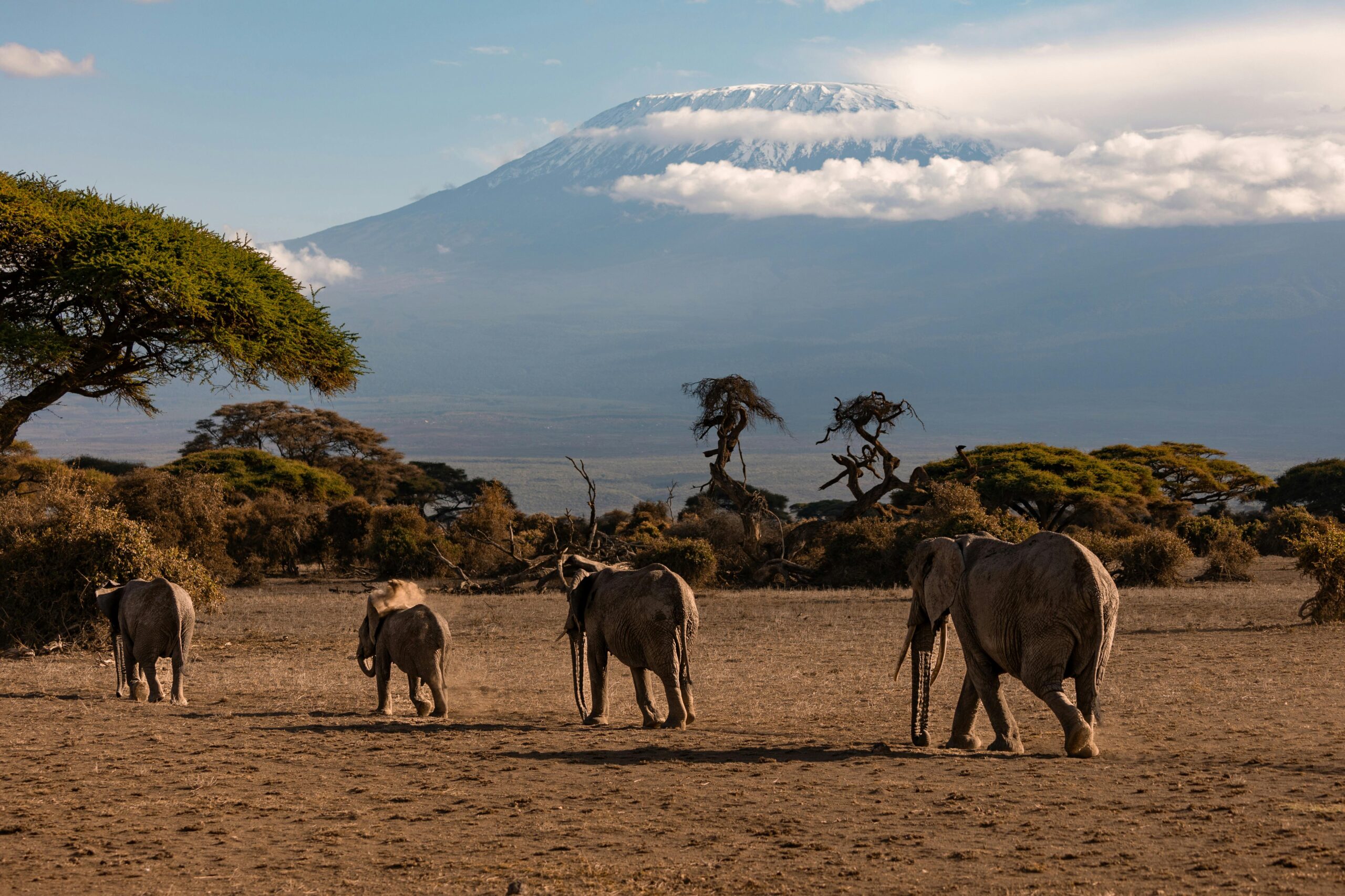Category: Tips n Tricks
Tips & Tricks for a Successful Kilimanjaro Climb & Safari Adventure
Whether you’re trekking up Mount Kilimanjaro or heading on an African safari, the right preparation can make all the difference. Here are expert tips & tricks to maximize your experience, stay safe, and enjoy every moment!
🏔️ Kilimanjaro Climb – Tips & Tricks
1. Altitude Acclimatization Hacks
✔ Go Slow (“Pole Pole”) – Take slow, steady steps to avoid altitude sickness.
✔ Pick a Longer Route – Lemosho (7-8 days) or Northern Circuit (9-10 days) = higher success rates.
✔ Stay Hydrated – Drink 3-4 liters per day to help with altitude adaptation.
✔ Breathe Deeply – Use the pressure breathing technique (inhale deeply, forceful exhale) to boost oxygen intake.
✔ Take Diamox (Optional) – Ask your doctor about Acetazolamide to reduce altitude sickness symptoms.
2. Packing & Gear Tricks
✔ Break in Your Boots – Avoid blisters by wearing your boots on hikes before the trip.
✔ Pack Wet Wipes & Ziplock Bags – No showers on the mountain! Wipes keep you fresh, and ziplock bags store trash.
✔ Use Trekking Poles – Saves your knees, especially during the descent.
✔ Dress in Layers – Temperature changes fast. Use moisture-wicking base layers, fleece, and a waterproof jacket.
✔ Double Sock System – Wear thin liner socks + thick wool socks to prevent blisters.
3. Smart Climbing Strategies
✔ Hike High, Sleep Low – Helps your body adjust to altitude faster.
✔ Snack Constantly – Keep energy levels up with nuts, protein bars, and dried fruit.
✔ Choose a Reputable Operator – Ensures safety, ethical treatment of porters, and good food.
✔ Prepare for Summit Night – It’s cold, dark, and exhausting—mentally prepare for an 8-hour uphill trek to Uhuru Peak.
🦁 Safari Adventure – Tips & Tricks
1. Wildlife Viewing Secrets
✔ Go Early or Late – Dawn & dusk are the best times for animal activity.
✔ Stay Silent & Patient – The quieter you are, the closer animals may come.
✔ Bring Binoculars – Essential for spotting distant animals, especially leopards and birds.
✔ Look for Vultures – Circling vultures often signal a predator’s recent kill.
✔ Follow the Guide’s Instructions – They know animal behavior and will keep you safe.
2. Packing & Comfort Hacks
✔ Wear Neutral Colors – Avoid bright colors (can spook animals) and dark blue/black (attracts tsetse flies).
✔ Bring a Scarf or Buff – Protects against dust and sunburn during game drives.
✔ Pack Motion Sickness Tablets – Safari roads are bumpy—Dramamine or ginger candy helps.
✔ Carry a Power Bank – Lodge power can be unreliable; a power bank keeps your phone/camera charged.
✔ Use a Good Camera – A zoom lens (200mm or more) is great for close-ups.
3. Lodging & Camp Tips
✔ Check for Mosquito Nets – If staying in budget lodges, ensure you have proper nets & repellent.
✔ Ask for a Night Escort – Many safari camps are unfenced, and wild animals roam freely at night.
✔ Bring Earplugs – Lions roaring at night is amazing… until you’re trying to sleep!
🛡️ Extra Tips for Both Kilimanjaro & Safari
✔ Get Travel Insurance with Evacuation Coverage – Covers medical emergencies, trip delays, and lost baggage.
✔ Carry USD Cash – ATMs can be unreliable; bring $10-$50 bills for tips & small purchases.
✔ Be Flexible – Weather, animal sightings, and mountain conditions can change fast.
💡 Pro Tip: Book Kilimanjaro first, then safari—this lets you recover and relax after the tough trek!
